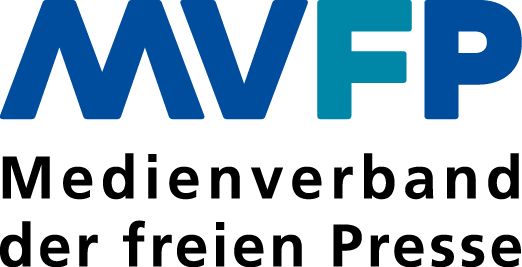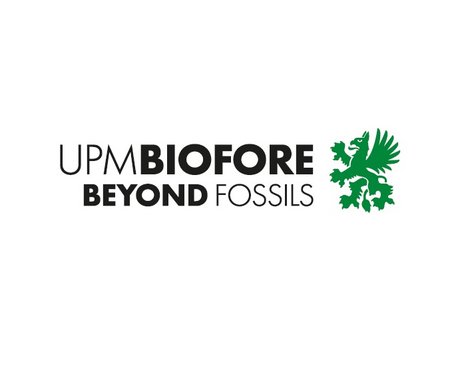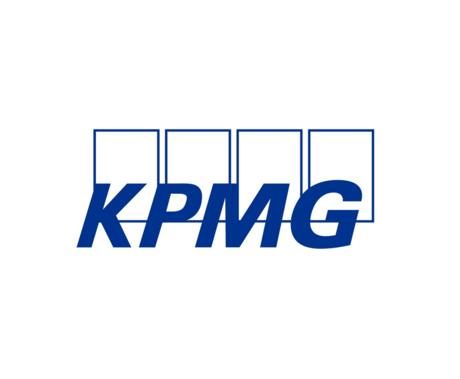A look at AJ+ - Al Jazeera's unique approach to engaging with millennials
There are now several examples of startup media companies that have jettisoned the traditional destination site-driven approach to online publishing and instead focused exclusively on social platforms. Yet very few legacy publishers have embraced this strategy.
One company that has adopted it enthusiastically and has been rewarded by huge readership and engagement figures is AJ+, the US millennial-focused wing of the network Al Jazeera.
At DIS 2017 AJ+'s audience development strategist, Alan Saura, will explain why the company took the decision to invest heavily in its social output and the lessons it has learnt from its implementation. Here he explains why video is so central to engaging with millennials, what the main challenges are working closely with Google and Facebook, and how data is at the heart of everything AJ+ publishes.
DIS 2017 in Berlin: Early Bird offer ends 31 January
The 10th Digital Innovators' Summit 2017 takes place from 19-21 March (main Summit on 20 and 21 March) in Berlin, Germany. DIS is organised by FIPP, the network for global media, and VDZ, the German Publishers Association. See more at innovators-summit.com. Register now to save €400 on tickets (offer ends 31 January). See the preliminary agenda (soon to be updated again) here and list of more than 60 speakers so far confirmed here.
What was the rationale for AJ+ beyond Al Jazeera needing to reach out to a younger audience?
AJ+ was actually a project that came from a small team within the Incubation and Innovation Group of Al Jazeera. They were looking at the future of internet news consumption, and their goal was to build a new kind of media outlet for a global-minded generation that doesn't watch traditional news networks on TV. When we launched in September 2014, we took a completely different approach to publishing. Our strategy centres on meeting our audiences where they are on the Internet by creating custom content (mostly video) for social networks. The spirit of innovation is embedded in our DNA, and we are constantly experimenting with new technologies and storytelling formats that enable us to push journalism forward.
Can you explain how quickly you have grown and what you think the fundamental reasons are for this?
Since our official launch in 2014, we have grown our audience to over eight million fans on Facebook, 245,000 subscribers on YouTube, and 252,000 followers on Twitter. Our videos have been viewed over 8.5 billion times, and we are one of the biggest video publishers on Facebook. We have also expanded AJ+ to new verticals for Spanish and Arabic speaking markets. Our work has won us 2 Webby Awards for Best News Channel and Best News Series, a Shorty award for Best Facebook Presence, the Online News Association award for General Excellence in Online Journalism, and we were a presenting partner on Do Not Track, which won a Peabody Award.
The fundamental reason for this growth is a content strategy that puts our audience first and sees social networks as the final destination for our content. Many news channels are simply trying to reversion their TV footage for the Internet, or using social networks as a means to drive audience off of social networks and on to their websites, but we see the value in meeting our audiences where they already are and keeping them there. We play within the confines of these platforms and create content that inspires, engages, and empowers people to share information.
We know the way people get information today is profoundly different than previous models, and one of the driving forces to distribution is people sharing the stories they are truly passionate about. So we strive to relate the news in a way that makes such an impression on our audience, that they feel inspired to share our videos with their friends. In addition, we have one of the most diverse newsrooms in the US, and we strongly believe this variety of viewpoints combined with our spirit of experimentation has led us to create some very provocative content.
How do you monetise your content now? And what plans do you have for the future?
Right now we are focused on building our audience and creating innovative ways to expand our coverage. Monetising our content is not the primary objective at this point, but when we do pursue opportunities in the future, we will make sure that our journalistic integrity remains the highest priority.
You've still not opted to produce a traditional content-driven website. Do you think that the strategy of meeting your readers where they are is a long term one?
Right now, our strategy is to meet our audiences where they are and make great content that lives on those social networks. The amount of people we are able to reach through this strategy is far more than we would be able to reach with a website. We will always be a platform and audience-first outlet, but looking towards the future, a website is not out of the question.
What then are the challenges of this distributed approach? Is there a concern with working so closely with Google and Facebook?
We are certainly at the mercy of these platform's algorithm changes, but we spend a tremendous amount of time and research trying to figure out how they can best promote our content. The main drive of our numbers comes from working within the constraints of social networks and playing within their rules. But our real success comes from empowering our producers with that understanding, and trusting them to explore innovative formats that connect with our audience.
One challenge is knowing what content goes where, and making sure we are optimising videos for where they are going. For example, Facebook viewers prefer short videos that work with the sound off, YouTube prefers longer evergreen videos like our documentaries, and breaking news works well on Twitter.
Another challenge of the distributed approach is the ability to curate all of our content when it is scattered across social networks. Our biggest audience is on Facebook, but the search functionality on Facebook makes it hard for people to discover new content if it doesn't come to them in their newsfeed via their friends sharing. We are exploring ways in which we can curate our content from across the social web, so people can easily discover our best stuff.
Which other social platforms are you impressed by and that we could see you launching at some point in the future?
We are excited about Facebook Live and Instagram Live, and are experimenting with great ways to report on the ground from major news events like we have in the past with the refugee crisis, #NoDAPL, and the recent Inauguration protests of Donald Trump.
We're planning on taking a deeper dive into YouTube shows to promote longer-form content. We actually just launched two new shows: Newsbroke, which is a satirical political comedy channel and Zoetic, which is an explainer-based cultural anthropology channel.
We will also continue to make great documentaries highlighting human stories from all around the globe, and are looking into exploring different means of distributing those docs on video on demand platforms like Apple TV. Also, be on the lookout for AJ+ documentaries that utilise virtual reality and 360 video.
How do you use analytics tools to determine the content you produce?
We are a very data-informed news organisation. We have a data team in our office that works closely with our editorial team that uses proprietary systems to track everything from audience demographics to watch time, to the shareability of specific posts. Through data, we are always learning and refining our content to make sure we are telling stories in ways that connect with our audience.
Do you think that the way that media companies and brands measure online engagement is starting to evolve?
There are different ways to measure engagement for specific platforms, so media companies shouldn't take a one-size-fits-all approach to measuring engagement across the board. At AJ+, our goal has always been to make captivating content that connects with our audience and sparks online conversations, so while we value comments, likes, and shares, we also want the conversations our content creates online to be meaningful and constructive. One of the great things about publishing on social platforms is the fact that we are able to create one on one relationships with our audience, so we can hear about issues that are important to our audience, and create videos that they will keep tuning into AJ+ for and want to share with their networks.
Many of the themes Alan discusses in this article will feature prominently at the 2017 Digital Innovators’ Summit in Berlin. For more information and a pre-agenda booking rate that can save delegates 400 Euros, click here. Remember, this offer ends on 31 January.





